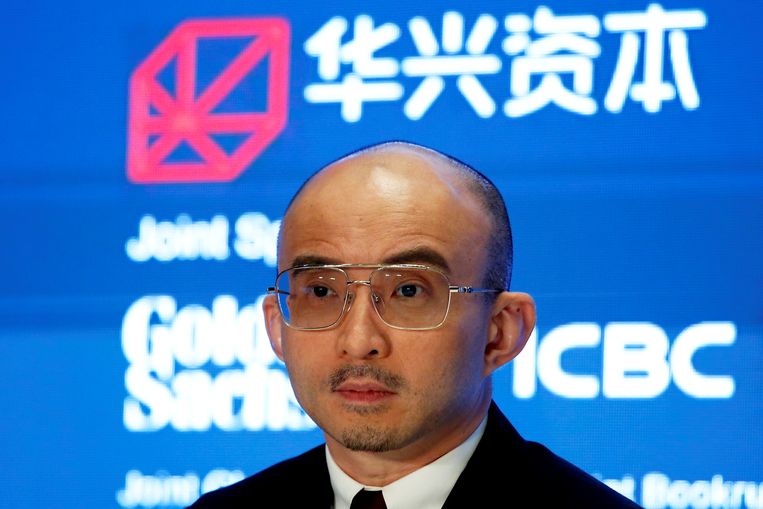Bao is one of several executives in the Chinese financial sector who have disappeared and been implicated in corruption investigations. In the past two years, the Communist Party has banned IPOs of major Chinese technology companies in the United States and Hong Kong, and has clashed with Jack Ma, the founder of online store Alibaba.
With the party’s influence over many technology companies strengthening, and Ma’s return to China after his self-imposed exile, calm has returned. Now Bao’s disappearance has once again led to major upheavals in the Chinese tech sector.
The Chinese government has organized similar campaigns to get everyone in line in the education and real estate sectors after school. The disappearance of Bao and other bank executives is a sign that the financial sector is next in line. Last March, the People’s Assembly also established a “senior supervisor” in the financial sector, which reports directly to the government.
He went off the radar
At the time of Bao’s disappearance, China Renaissance only reported that it was “unable” to contact him, and that it was unaware of “any information indicating that Bao’s absence is or may be related to the group’s activities or operations”. A week later, the bank reported that Bao was “cooperating with an investigation” by the Chinese authorities. His employer kept silent about Bao’s whereabouts.
The first news of this came from the Chinese newspaper on Wednesday Economic observer, who wrote based on informed sources that Bao is being held by the Central Disciplinary Commission, the party body that investigates corruption in China. The newspaper said he would be suspected of bribery, and his pretrial detention was extended by three months. The Chinese authorities and the Chinese Renaissance Company did not confirm the news.
There are no formal charges against Bao yet, and what exactly he is suspected of is unclear. His arrest may be related to the case of Kong Lin, Bao’s second-in-command in the Chinese Renaissance. He had to report to the securities regulator in September last year to make a “talk on supervision”, after which he withdrew from key positions within the bank and was arrested.
It was said that, at the time of his arrest, Bao was moving part of his assets to Singapore. He joins a growing number of Chinese executives seeking to protect their money from the Chinese government’s anti-corruption measures. Another hypothesis is that the Chinese authorities want information from him about his experience as a deal maker in the technology sector.
Overseeing mergers
Bao began his career as a mergers and acquisitions banker in the West with Morgan Stanley and Credit Suisse. There he established good relationships with major Chinese technology companies such as Alibaba, Tencent and Baidu. In 2005, he founded China Renaissance, and has overseen many mergers and IPOs in the industry. According to acquaintances, Bao and his good connections were indispensable in those deals.
Since his disappearance, China Renaissance’s share price has lost 20% of its value before trading in the bank’s shares ceased. The company was going to lay off at least 10 percent of its employees. “No matter what Bao or the Chinese Renaissance may or may not do, it is difficult to imagine how the bank can recover from this,” wrote the American China expert Bill Bishop in his newsletter Sinocism.
“Who is going to deal with them anymore using this cloud across the company? And why would skilled bankers stay with a company that doesn’t do enough work to pay good bonuses?”

“Total coffee specialist. Hardcore reader. Incurable music scholar. Web guru. Freelance troublemaker. Problem solver. Travel trailblazer.”







More Stories
Bitcoin price rises after new jobs data from US
European stock markets open higher | beursduivel.be
Russia’s oil imports to China decline